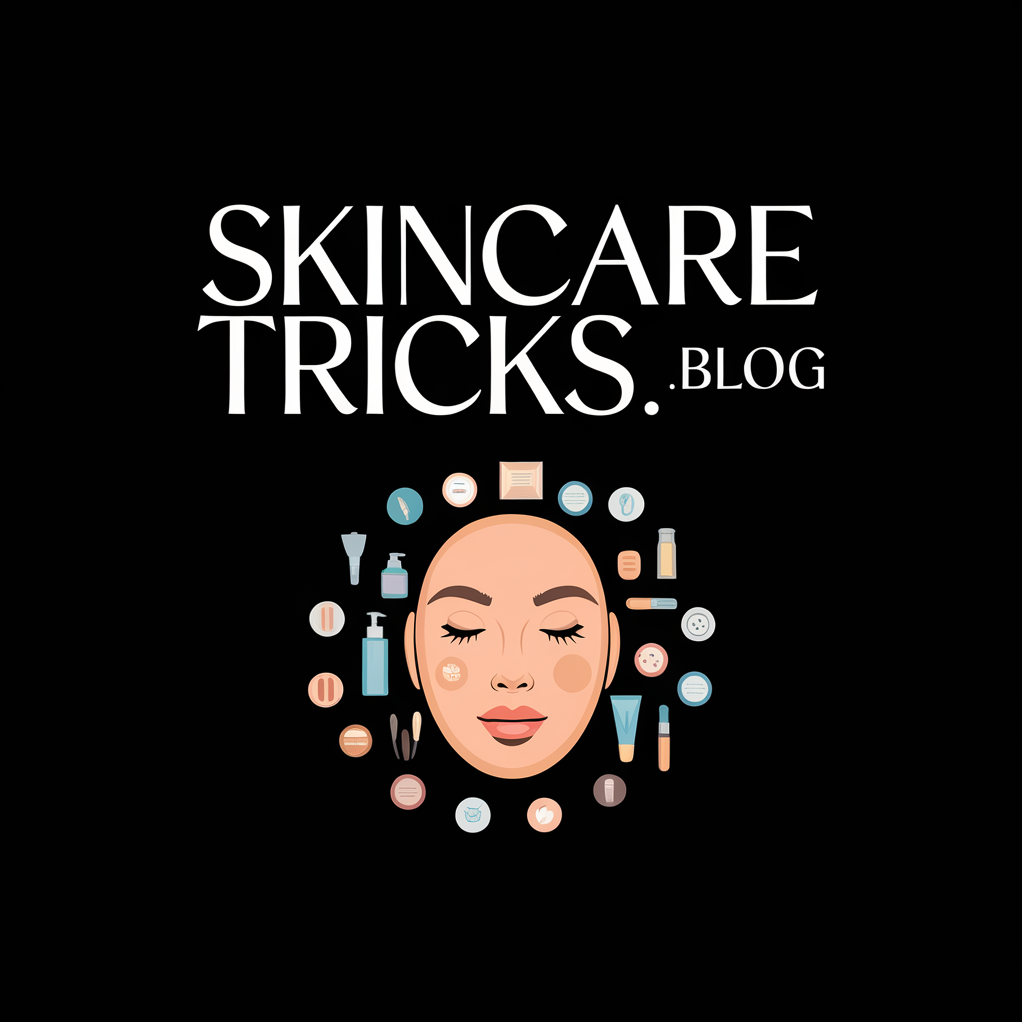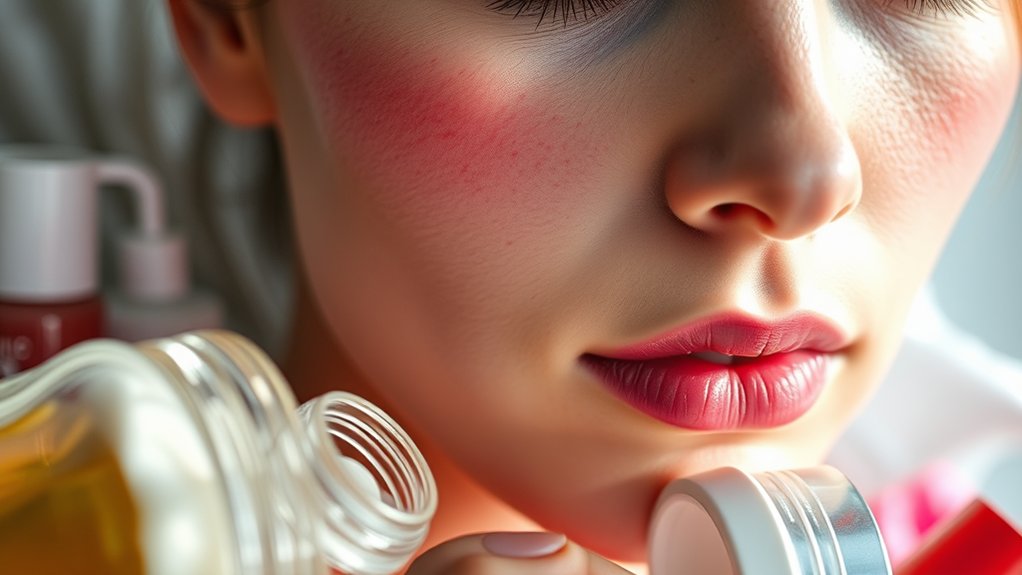Sensitive Skin. Here’s What You Should Never Put On Your Face
If you’ve ever tried a popular scrub that left your face red and irritated, you know how crucial it is to choose the right products for sensitive skin. Many formulations contain harsh ingredients that can worsen your condition. It’s essential to understand what you should avoid to maintain your skin’s health and prevent inflammation. Let’s explore the common culprits that could be sabotaging your skincare routine.
Harsh Exfoliants
If you have sensitive skin, you should steer clear of harsh exfoliants, as they can exacerbate irritation and compromise your skin’s natural barrier.
Instead, opt for gentle exfoliation methods that respect your skin’s delicate nature. Chemical exfoliants like lactic or mandelic acid can be milder options, but always patch-test any product beforehand. Additionally, using gentler alternatives like lactic acid allows for effective exfoliation without stripping your skin’s moisture.
Look for sensitive skin care products designed specifically for your needs; they typically include soothing ingredients that minimize redness and inflammation.
Fragrances and Artificial Dyes
Many skin care products contain fragrances and artificial dyes, which can trigger reactions in those with sensitive skin. These additives often irritate, leading to redness, itching, or breakouts.
Even products marketed as “natural” can include synthetic fragrances that mask unpleasant smells, yet they can cause more harm than good. Artificial dyes, while visually appealing, introduce unnecessary chemicals that may disrupt your skin’s barrier function.
To protect your sensitive skin, always check ingredient labels and choose fragrance-free and dye-free formulations. By doing so, you’ll reduce the risk of irritation and promote a healthier, calmer complexion.
Alcohol-Based Products
Alcohol-based products often lurk in the ingredients of various skincare items, presenting a similar risk to those with sensitive skin. When you apply these products, they can strip your skin of its natural moisture, leading to dryness and irritation.
This drying effect may trigger inflammatory responses and exacerbate existing sensitivities. Additionally, alcohol can disrupt your skin barrier, making it harder for your skin to protect itself against environmental aggressors.
It’s essential to read labels carefully and opt for alcohol-free alternatives whenever possible to maintain your skin’s health and comfort. Prioritize nourishing ingredients that soothe rather than irritate your delicate complexion.
Prescription Retinoids
While prescription retinoids are renowned for their efficacy in treating various skin concerns, they can also pose challenges for those with sensitive skin. You might experience irritation, dryness, or redness. It’s crucial to approach application cautiously and consider alternatives or lower concentrations if you’re prone to sensitivity. Incorporating retinol into your skincare routine can also provide benefits like improved texture and reduced breakouts.
| Aspect | Considerations | Recommendations |
|---|---|---|
| Efficacy | Treats acne, aging | Can be effective with care |
| Side Effects | Redness, peeling | Start slowly |
| Application Tips | Use at night, avoid sun | Moisturize post-application |
Make informed choices tailored to your sensitive skin.
Common Allergens
Identifying common allergens is crucial for anyone with sensitive skin, as exposure can lead to unwanted reactions.
Fragrances, especially synthetic ones, are notorious triggers for irritation. Preservatives like parabens and formaldehyde-releasing agents can also provoke sensitivities.
You should be cautious with certain plant extracts, as they may cause allergic responses. Additionally, listen to your skin regarding common ingredients in cosmetics, such as latex or nickel in applicators.
Always patch test new products and keep track of any reactions, allowing you to identify and avoid specific allergens that could harm your delicate skin. It’s important to avoid fragrance-infused products that contain irritating chemicals to maintain skin health.
Prioritize gentle, hypoallergenic formulations for optimal care.

